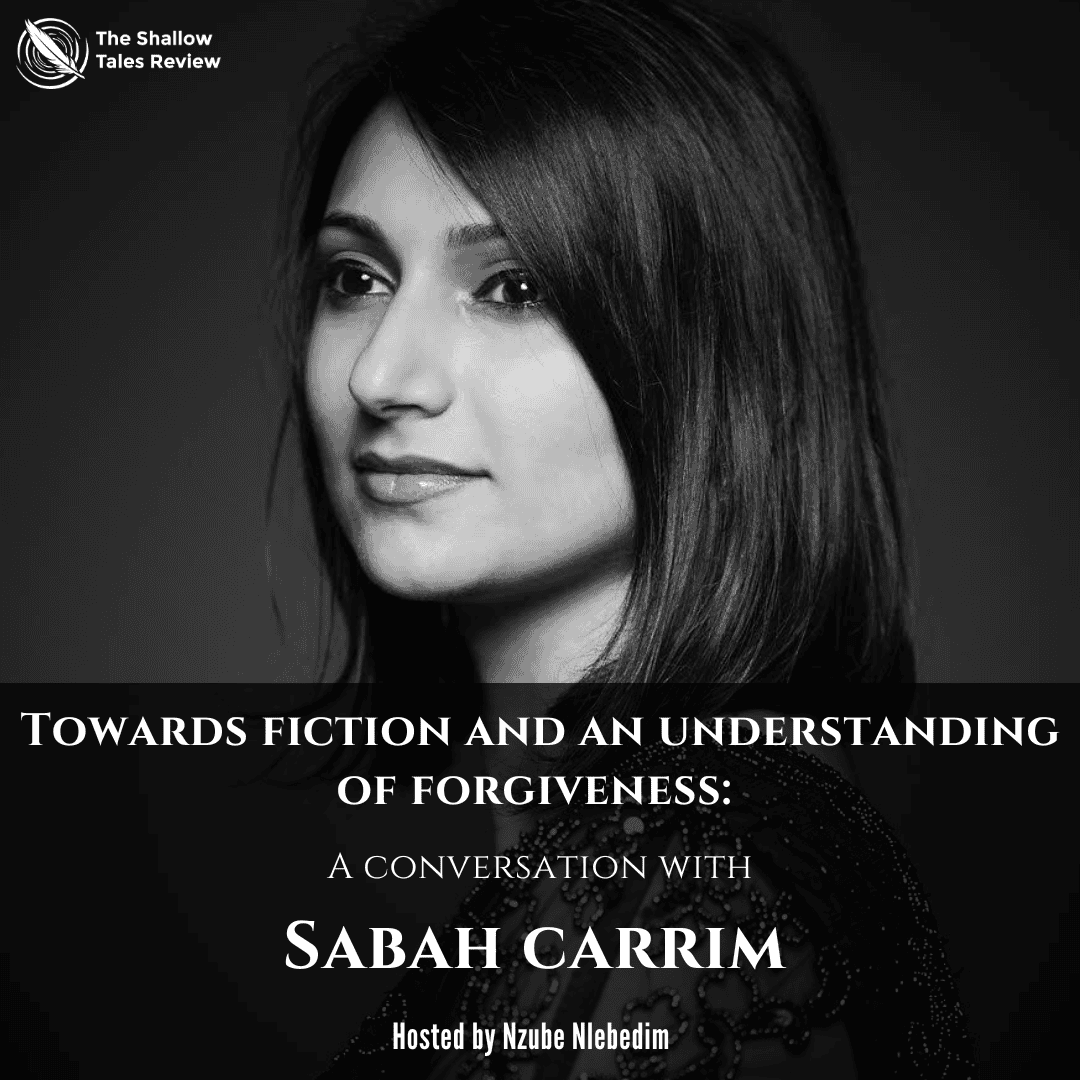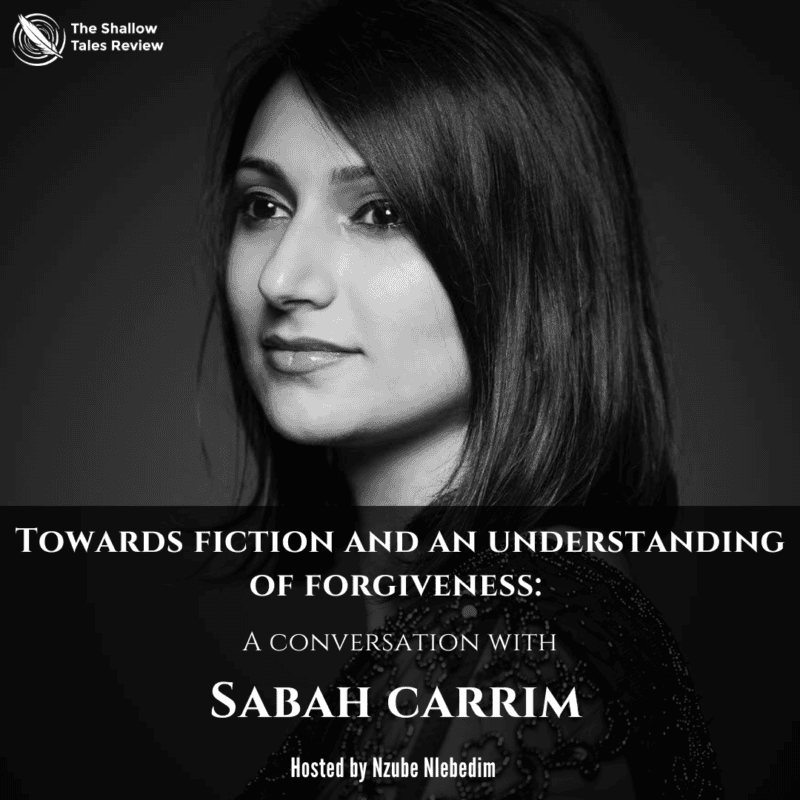
Sabah Carrim has authored two novels, Humeirah and Semi-Apes, both set in the Indian-ocean island of Mauritius where she was born. In 2024, her short story, Fading Mehndi won the Afritondo Short Story Prize.
Other short stories have been selected for publication in international competitions, namely the Small Islands Anthology Contest (Plaine Verte), the AfroYoung Adult Short Story Competition (Tara’s Hair), the Not-So-Normal-Narrators Contest (Shortlisted: Size of Rice), the Bristol Short Story Prize (Shortlisted: The Evil in Me), and the Afritondo Short Story Prize (Shortlisted: Dadima’s Key Ring). One of her nonfiction pieces (Dismantling Life) was also a semi-finalist in the Gabriele Rico Challenge for Creative Nonfiction, published in Reed Magazine in 2020. Her poetry can be found in Pepper Coast Lit, Jalada Africa, SetuMag, SpillWords, and The Bangalore Review, among others.
Sabah is currently on the panel of judges for the 2024 African Writers Award in the fiction category where the theme is Rwanda. Her multidisciplinary background in law, creative writing, and international human rights culminated in a PhD in Genocide Studies with a focus on the atrocities of the Khmer Rouge era. Sabah also edits and manages the Arts & Literature column of the scholarly journal, Genocide Studies and Prevention.
In 2020, Sabah was awarded the W. Morgan and Lou Claire Rose Fellowship for an MFA in Creative Writing in the United States where she now lives. After graduating from the program, she was awarded the 2024-2025 Postdoctoral Scholarship in Holocaust and Genocide Studies at the Martin-Springer Institute in Northern Arizona University. Sabah is also the Lead Organiser of the Genocide Awareness Symposium and Host of the podcast series on Genocide Studies, Not to Forgive, But to Understand, co-hosted with Luis Gonzalez-Aponte.
She is now finalising a short story collection, Rubbing the Oil of the House in the Skin of Strangers, and working on a scholarly monograph, Law, Neuroscience, and Genocide Studies: A New Perspective of Genocide and Perpetrator Motive.
Sabah has previously lived in Malaysia, The Maldives, and Kenya.
You did your PhD work in Genocide Studies. You also co-host a podcast series on genocides. Genocides are personal, reflecting not merely the cleansing of a people but the deprivation of their agency. We see deep images of people and places in your work. In your poem, “From San Marcos to Beau Bassin, or in Search of Home,” you explore your memories of places like Detroit, San Marcos, Paris, and others. Through the old, surreal magic that places evoke, you spotlight people and their concerns. We recall Maaza Mengiste’s work in Beneath the Lion’s Gaze. How are you able to connect genocide with your evocation of loss and nostalgia in your work?
I don’t necessarily find a direct connection between my scholarly work in Genocide Studies and the creative writing I do as a fiction writer. Sometimes, however, I do perceive parallels which make me wonder whether these were made inadvertently or consciously—indeed, the mind is a curious place, isn’t it, where the most wondrous connections are formed. Inevitably, the more creative we are, the more innovative are the results we generate.
Emmanuel Iduma once suggested that, “the story is the emotional truth of what happened.” It’s easy to agree with his argument. Writers cannot exclude the place of emotion in writing. Emotion constitutes, for many writers, the bulk of their storytelling politics. Your work scours through aspects of memory, especially of the places you have visited. You have mentioned in an earlier interview how the memories and closeness of being in a place influences your need to write about those places. Why is memory so important for you?
Everything about memory is about reconstruction. And, reconstruction requires, among other things, the ability to be judicious in curating thoughts, and lacing them with poetic and literary devices to make them a compelling read on paper.
As creative writers, I am aware that we are free to give this reconstruction the interpretation we want. For instance, we can depict a traumatic experience to be destructive, restorative, or otherwise, and I enjoy the process of tapping into my past and my memories to look for grist for my stories.
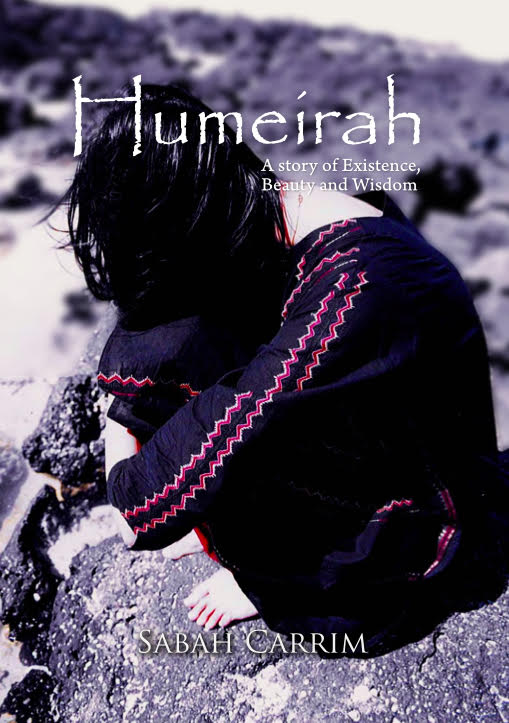
Mauritius features prominently in your storytelling. You set Humeirah and Semi-Apes, your two novels, there, including Fading Mehndi. Has there ever been any compulsion to weave your stories around the East African poetics, around that widespread sense of communal belonging?
Yes. I lived in Kenya during the pandemic in 2020, and began a novel that was set there. I interviewed people and gathered what I needed to weave my characters. Regrettably, I had to put the work away because I began the MFA program in the United States, but I do intend to get back to it soon. My connection to Kenya and to the people I met there remains very strong and consequential.
Your first book, Humeirah, was published as far back as 2012. Has there been any overarching philosophy or intention about your writing? Have there been any set, guiding principles for your fiction writing throughout the years?
Yes, I have tried to be innovative in the themes I have broached, but I have also observed a recurrent one that, it’s clear, never tires me—and that’s about the injustices perpetuated by oppressive systems and societies on women.
You write across genres. Have you gained greater ease writing in any particular form?
Right now, I will say that I enjoy writing short stories the most. Last year, I would have said, creative nonfiction. But, the principal takeaway is that the form doesn’t really matter. What does is choosing the right form to convey the thought or idea in the best way possible.
You were shortlisted for the Afritondo Short Story Prize in 2022, which the Cameroonian Howard Meh-Buh Maximus eventually won. This year, with Fading Mehndi, you won the prize. Congratulations. How was the general feeling like for you?
I did not expect it. The other writers were outstanding, and I had read their work. The judges as well as the organizing team of the Afritondo Short Story Prize, I want to say, are admirable for the work they have done, and continue to do.
Take us through the process of writing Fading Mehndi. Did you think it would fetch you the win, and what inspired the story?
It took me more than one year to complete the story. Fading Mehndi started out as a moment I remembered in my past, and eventually evolved into an elaborate idea with fictional elements that I borrowed from other stories I had read, as well as other testimonies of brides and bridegrooms I spoke to over the years. I also wanted this to be an opportunity to showcase certain important cultural practices of my community which I believe are unique, and deserve to be documented.
The reason it took me so long, I believe, was that I was working with a complex metaphor that I wanted to see emerging at important junctures of the story, without it sounding overdone. For that to be done effectively, I had to come back to the story after long breaks that would allow me to scrutinise my work with fresh eyes. It was the only way to detect glitches that needed to be weeded out.
One striking aspect of your fiction is its focus on the lives of women; Humeirah on Humeirah, Semi-Apes on Heera, and Finding Mehndi on Aliyah. These three different women, in search for a separate reality or identity unknown to them, pursue answers to elusive questions. Away from the philosophy behind these quests, can we connect a nexus of mutual identification between you and these women? How far or close are they from reality?
Yes, I deem these women to be extensions of me in different places and in different scenarios across different periods of my life. They are also the women I have encountered; the ones whose plight I have been able to relate to, and empathise with.
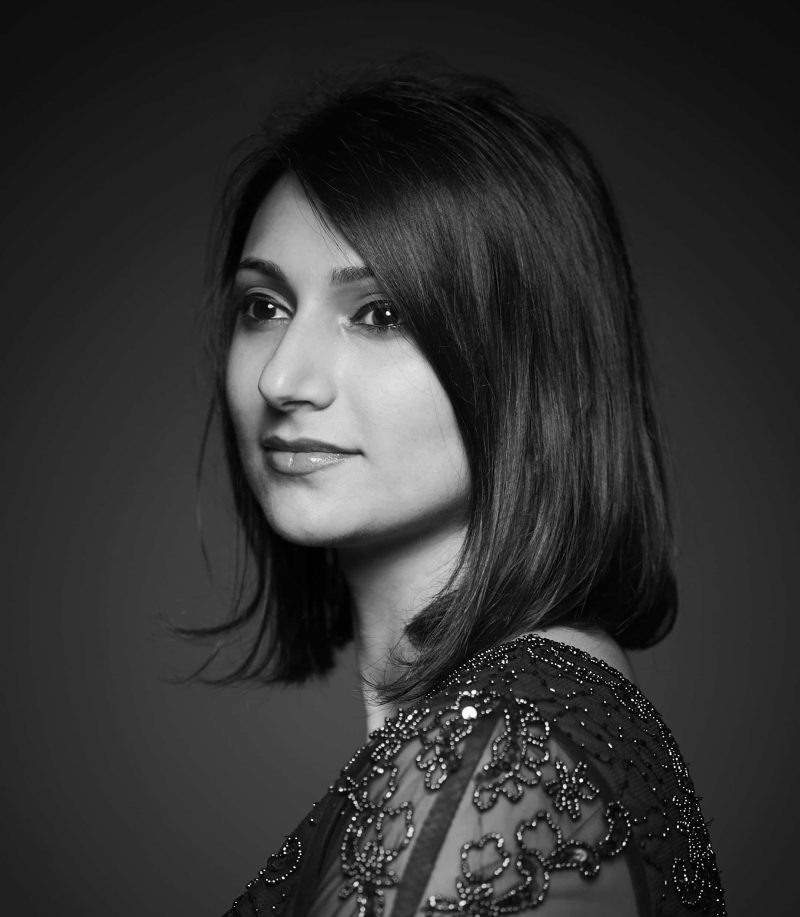
Writing the 21st century woman is now as urgent as it is difficult. The task presents a ton of complexities that writers may need to be careful of when crafting their work. Mengiste noted, on writing for women in contemporary African Literature, that “What African women writers are doing is writing fiction that once again centers women and puts them in their rightful place in African and world history.” What is your opinion about this process of “rewriting” women, particularly in response to 21st century East African writing?
We women are still fighting to restore our status as human beings who deserve respect, and who ache for agency and autonomy in a world where these are more easily offered to men. I believe that while writing can depict women and their pain as is, or descriptively, it can also present a narrative about how women ought to be, or, normatively, thereby offering hope; offering alternative narratives to people about how women should be treated if these environments were accordingly re-engineered to be fair, just, and equitable.
As I earlier mentioned, both Humeirah and Heera seem to search for what makes them, in some sense, complete, away from the comfort of the usual, especially phallocentric norms. Fictionalising “genocide,” for you, permit me to suggest, is a step toward stemming the extinction of not just a people but the essence of your female characters’ souls.
My podcast is titled “Not to Forgive, but to Understand” which is borrowed from the work of Hannah Arendt who was excommunicated by the Jewish community for presenting an explanation about Adolf Eichmann, a Nazi perpetrator, that didn’t align with the political and personal objectives of the community. As a result, Arendt became defensive about her explanation, and sought to convince the people that she was only trying to understand Eichmann and his actions during the Second World War; and, not to seek an exculpation for his heinous deeds, and hence, forgive him.
In Fading Mehndi, we see Aliyah’s naïve hopes for a happy, wholesome marriage come down to something close to ruin. For Aliyah, hope is fairly consubstantial with loss. Is loss a rallying ground for a bigger picture somewhere you want us to see?
I don’t think I focused on that particularly, but writing stories is about identifying and presenting a problem, and fighting to solve it—and if not that, seeking a resolution that would reveal a clear change or movement in the main character’s understanding of herself and the world.
The final line of Fading Mehndi is both open-ended and eerily dystopic: “Spaces that will remain, and extend,” especially considering Aliyah’s distaste for spaced-out Mehndi patterns. The message seems to be that Aliyah’s woes may worsen with her new husband, Umar, if we choose to see as symbolic the gloom reflected by the darkened, spiraling mehndi patterns. Would you consider Aliyah’s “fate” as one that could have ended differently?
Yes, if she didn’t live in such a masochistic society where she was deprived of agency.
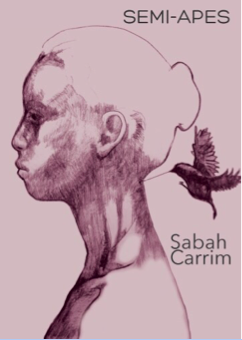
You write about wedding ceremonies with such aplomb and bring them to life in all their colours. You do not fail to leave out the place of humour, too. Here in Nigeria, wedding ceremonies are as grand, usually taken with greater importance than the marriage itself. In some Igbo traditions, for instance, the groom is mandated to buy bicycles and sewing machines for the parents of the bride, alongside endless crates of drinks and bundles of clothes. In Fading Mehndi, you took great effort in showing the wedding ceremony in Mauritius. It’s easy to see those things happening right here at home in Nigeria, too. In Humeirah, there’s also the wedding ceremony between Humeirah and Haider. Still, this celebration portends gloom for both Humeirah and Aliyah. About Humeirah, the book says: “she had hoped that marriage was meant to turn the dough into something concrete.” These is much to unpack from that statement, and it is instructive how joy can be, for your female characters, a means to grave dissatisfaction.
My characters are striving to be happy. And it’s often hard to be so because of the fetters placed on them by the chauvinistic societies they hail from. Wedding ceremonies, and the use of them as means to convey underlying tensions in societies, are effective because they have universality. I am happy to hear that you singled out that connection to Igbo traditions. Humour is also important. It allows me to push the dogma I am averse to, to their logical conclusions, and depict the absurd results that are produced—one way of driving my point home.
What writers inspire your work?
Leila Aboulela, Lesley Nneka Arimah, George Saunders, Alice Munro, Susan Sontag, Joan Didion, Simone de Beauvoir, Kristina Gorcheva-Newberry, Joseph O’Neill, Zadie Smith, Grace Paley, and many others.
What book are you currently reading?
Jacques Rancière’s The Ignorant Schoolmaster.

